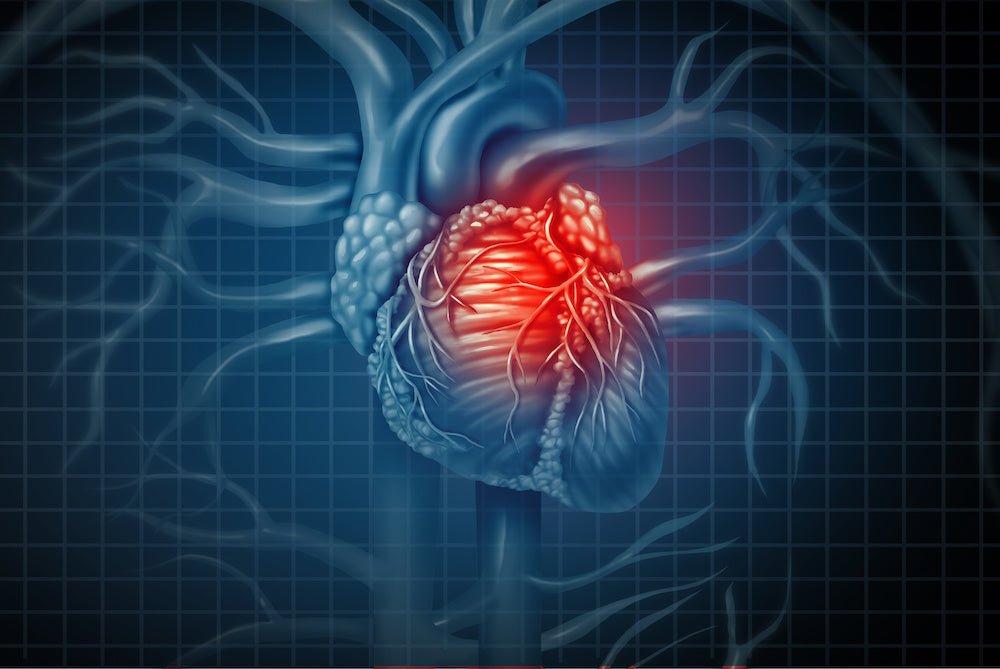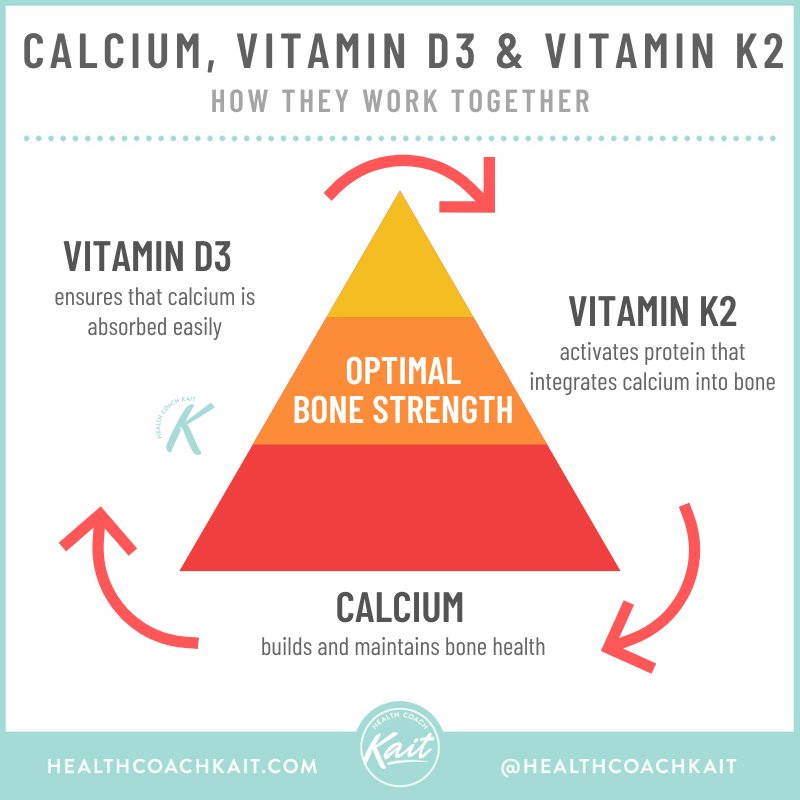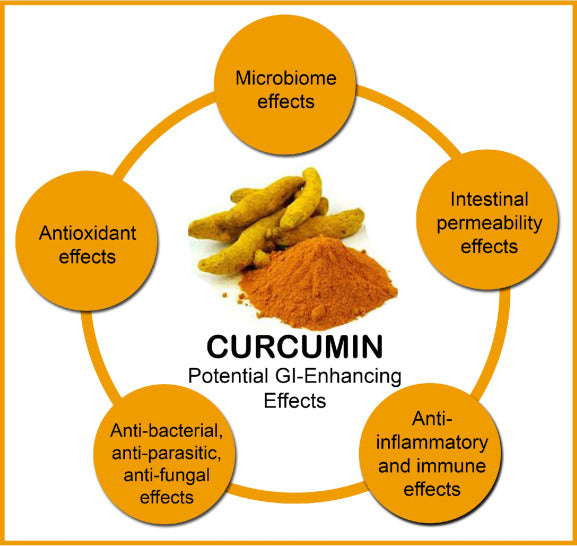Hovig Vartanian D.C., D.A.C.B.N.
Cardiovascular disease is by far the #1 killer in the United States. It peaked in 1945 post World War 2 and has been on a steady decline since. From 1990 to 2019, we saw a decrease of 210 to 66 deaths per 100k for females. That is a 4% decrease per year. For males the rates decreased from 442 to 167 deaths per 100k. That is a decrease of 3.7%. Although the overall trend is down, it has plateaued in the last few years with a surge noted after the pandemic. The primary factor that is attributable to this is the decrease in tobacco use.
There are multiple risk factors involved. In order of relevance, 1. High Blood Pressure, 2. Dietary Habits. 3. Elevated LDL 4. Elevated Blood Glucose. Increased Waist to hip ratio. Although there are many arguments and studies that may point to one factor more than the other. It is evident that lifestyle changes that improve your overall health play a central role.
The common denominator of all the aforementioned risk factors is inflammation. There are different ways of measuring but the one related to the heart is C-reactive protein. If your C-reactive protein is elevated, you want to reduce your overall inflammatory burden by avoiding foods that are attributed to that. Common ones include, Simple Carbohydrates, Alcohol, Animal products and in particular, non-grass-fed meats. processed foods, and Oils.
Another way to reduce your c-reactive protein levels is to take Curcumin which comes from the turmeric root. It has been used as a spice for over 400years. There was a meta-analysis done where they compared several studies of people who took a placebo, vs people who consumed 1000 -2000mg of curcumin a day. The results were clear in lowering people’s C-rp levels WMD = -3.67 mg/L, 95% CI = -6.96 to -0.38, p = 0.02).
When taking Turmeric, you want to make sure take it in oil form for better absorption, and that its standardized to 25% curcuminoids. The quality of the supplement you take will directly affect whether you will get the desired effect.
- J Am Coll Cardiol. 2020 Dec 22; 76(25): 2982–3021.
- Lancet. 2010 Jan 9; 375(9709): 132–140.
- Phytother Res. 2022 Jan;36(1):85-97



